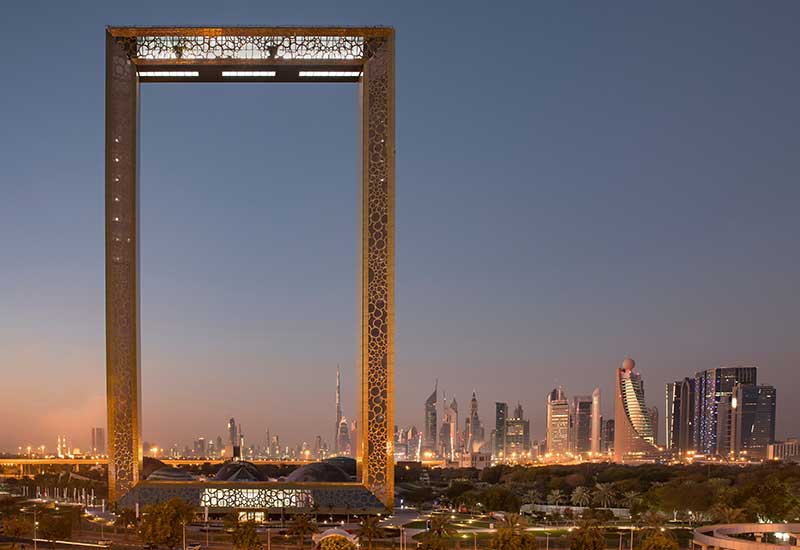In terms of meetings, incentives, conferencing, exhibitions (MICE), Dubai World Trade Centre Authority (DWTC) reported that in 2017, visitors and delegates to the venue increased by 9% compared to 2016. The emirate’s largest trade venue hosted 353 MICE events which registered an 18% increase compared to its 2016 schedule. Visitors from 185 countries attended the events while 56,360 exhibitors from 154 countries exhibited last year.
Another segment that seems to be gaining ground in the emirate is medical tourism. In October of last year, Dubai authorities, Dubai Health Authority (DHA) and The General Directorate of Residency and Foreign Affairs Dubai (GDRFA-D) signed agreements to ease the visa procedures for incoming medical tourists. Hotelier Middle East, had reported earlier that the MoU was signed on the sidelines of the 37th edition of GITEX 2017. It is in line with the aim to help Dubai attract more than 500,000 medical tourists by 2020.
Wellness tourism has also experienced significant growth in numbers in Dubai, with annual spa revenue predicted to reach $495 million in 2019, according to data from The Spa & Wellness report produced by Colliers International. Dubai’s spa inventory is expected to grow from 107 in 2017 to 157 in 2021 which is in close correlation with the emirate’s hotel pipeline, the report adds. Recent spa openings include The Spa at Palazzo Versace Dubai and The Bulgari Spa, which will contribute to projected annual spa revenues by 2019, according to Visit Dubai.
Expo 2020 and beyond
Following a low-base mid-market and economy hotels, Colliers International says owners and developers are interested in building this segment and offer trendy lifestyle and innovative concepts that complement their luxury portfolio.
And according to Harnisch, Emaar already has properties in the pipeline to deliver to the growing demand in the segment: “There will be strong demand for midscale hotels and we have a development pipeline of multiple Rove Hotels in central locations across the city, four of which are already operational.”
At Gulf and Indian Ocean Hotel Investors’ Summit (GIOHIS) 2018 held late January in Abu Dhabi, it was revealed that Dubai, in the run up to World Expo 2020, currently has the largest hotel room pipeline of any city in the world, with more than 50% of planned rooms in the upscale sector.
But the big questions remains on hotel performance post the six-month period of the event which will be visited by millions of visitors. Harnisch claims that the heavy investment will bring long-term benefits.
“In fact, the preparations for Expo 2020 Dubai are not limited for the six-month period of the event; they are investments in our future and our outlook for the city’s hospitality sector is positive,” Harnisch points out.
On the other hand, Nemo Acimovic, general manager at Millennium Plaza Dubai, says he hopes the growing interest in the emirate will benefit post Expo 2020 too. “Although we are seeing signs of recovery on the market, the ever-growing supply over a demand, in the ramp up to 2020 Expo, continues to impact on desired expectations. However the interest for the region is continuing to grow and we are hoping to somewhat capitalise on that, with our favourable position on Sheikh Zayed Road and close to Emirates Towers metro station,” Acimovic explains.

| Advertisement |









 Search our database of more than 2,700 industry companies
Search our database of more than 2,700 industry companies









